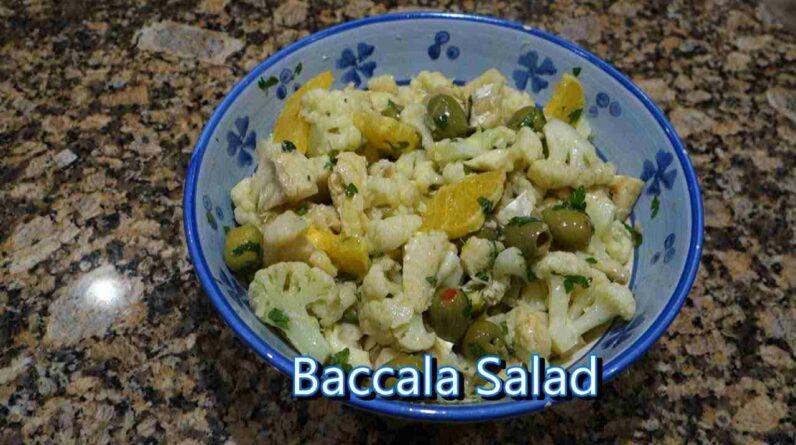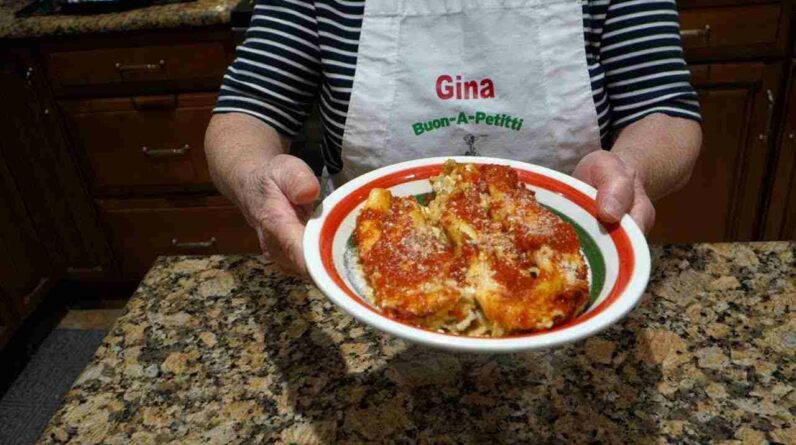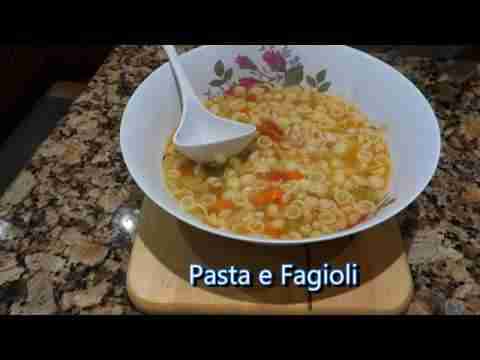In this article, we are going to take you on a culinary journey and uncover the enchanting process of making a classic Italian pesto sauce. Originating from the northern region of Italy, pesto sauce is renowned for its vibrant green color and delightful taste. We will guide you through the essential ingredients, the traditional technique, and the secret tips that make this flavorful sauce a beloved staple in Italian cuisine. So grab your mortar and pestle and get ready to create your own homemade pesto masterpiece!

Ingredients
To make a classic Italian pesto sauce, we will need the following ingredients:
Fresh basil leaves
Fresh basil leaves are the star of the show when it comes to pesto sauce. They provide the distinctive flavor and aroma that we all love. Look for vibrant green leaves without any wilting or yellowing spots.
Pine nuts
Pine nuts add a delightful nutty flavor and a creamy texture to the pesto sauce. Toasting them before blending will enhance their taste even more.
Extra virgin olive oil
Extra virgin olive oil is a key ingredient in pesto sauce. It adds richness and a silky texture. Make sure to use a good quality olive oil for the best results.
Grated Parmesan cheese
Grated Parmesan cheese brings a savory, umami element to the sauce. Its salty and nutty flavors complement the basil and pine nuts perfectly.
Garlic cloves
Garlic cloves provide a bold and pungent flavor to the pesto sauce. Adjust the amount according to your taste preference.
Salt
Salt is necessary to bring out the flavors of all the other ingredients. Be mindful of how much you add, as the Parmesan cheese and pine nuts might already have saltiness.
Optional: lemon juice
If you prefer a tangy twist, you can add a dash of lemon juice to your pesto sauce. It will brighten up the flavors and add a refreshing citrusy note.

Preparation
Now that we have gathered our ingredients, let’s move on to the preparation process of making a classic Italian pesto sauce.
Toasting the pine nuts
Before using the pine nuts in our pesto sauce, it’s essential to toast them in a dry skillet over medium heat. Toasting enhances their flavor and adds a delightful crunch to the sauce. Keep an eye on them as they can quickly go from golden to burnt. Once they are evenly toasted, set them aside to cool.
Blending the ingredients
Once the pine nuts have cooled, it’s time to blend all the ingredients together. In a food processor or blender, combine the fresh basil leaves, toasted pine nuts, garlic cloves, grated Parmesan cheese, and a pinch of salt. Start blending on low speed and gradually increase to high until all the ingredients are well combined and form a thick, creamy sauce.
Adjusting the consistency
At this point, you can adjust the consistency of your pesto sauce according to your preference. If you like a thinner sauce, you can add some extra virgin olive oil gradually while blending until you reach your desired consistency. If you prefer a thicker sauce, you can reduce the amount of olive oil. Remember to taste the sauce and adjust the salt if needed.

Tips and Variations
Now that we have mastered the classic Italian pesto sauce, here are some tips and variations to further enhance your culinary experience.
Substitute ingredients
Feel free to experiment and substitute ingredients based on your preferences or dietary restrictions. For example, you can replace pine nuts with walnuts or almonds for a different flavor profile. If you’re allergic to nuts, sunflower seeds can be an excellent substitute. Moreover, if you want to make a vegan pesto sauce, omit the Parmesan cheese or use a vegan alternative.
Storage and shelf life
Pesto sauce can be stored in an airtight container in the refrigerator for up to one week. To preserve its vibrant green color, you can pour a thin layer of olive oil on top before sealing the container. If you want to extend its shelf life, you can also freeze the pesto sauce in ice cube trays and transfer the frozen cubes to a freezer-safe bag for up to three months.
Using different herbs
While basil is the traditional herb used in pesto sauce, you can experiment with different herbs to create unique and flavorful variations. Try using cilantro for a fresh and vibrant taste, or mint for a refreshing twist. Combining multiple herbs can also result in exciting flavor combinations.
Adding additional flavors
To add extra depth and complexity to your pesto sauce, consider experimenting with additional flavors. You can incorporate roasted red peppers for a smoky and sweet note, sun-dried tomatoes for a rich and tangy element, or even olives for an intense Mediterranean flavor. The possibilities are endless, so don’t be afraid to get creative and customize your pesto sauce to suit your taste preferences.
By following these steps and incorporating our tips and variations, you can create a delicious, homemade pesto sauce that will elevate any dish. Enjoy the process and savor the flavors of this classic Italian condiment. Buon appetito!










